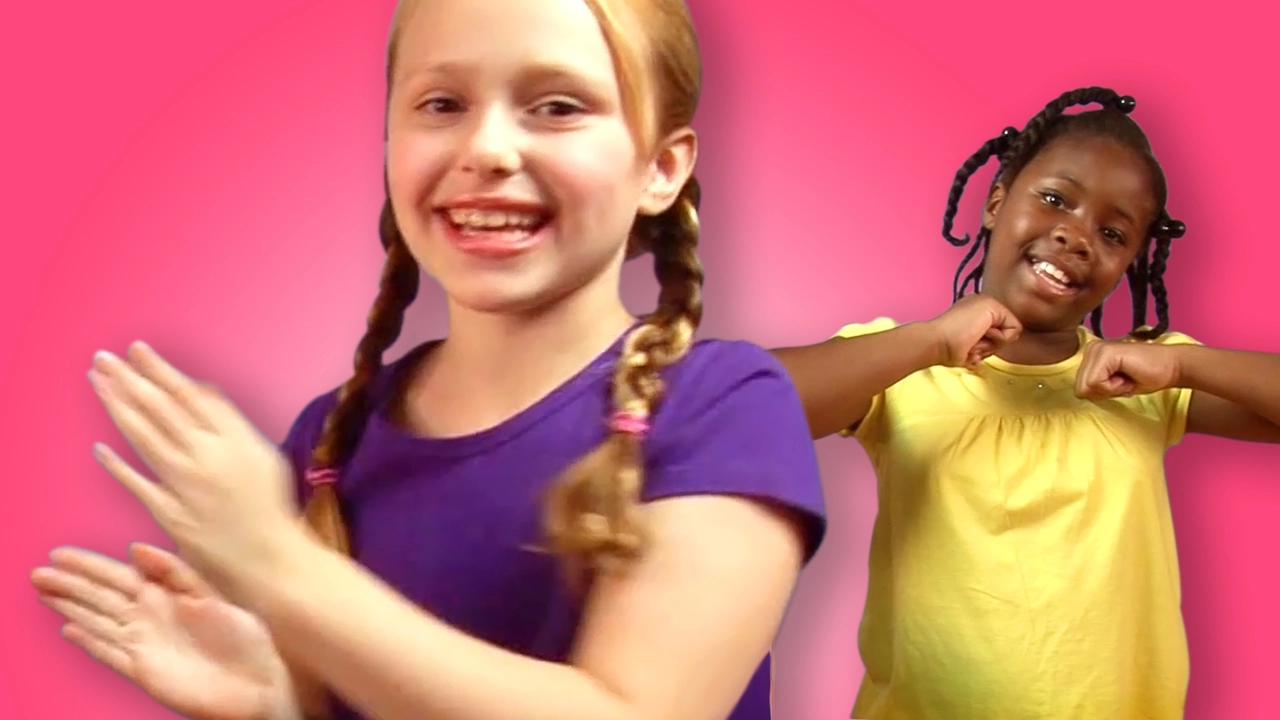The Origin and History of Patty Cake Nursery Rhyme
As we start our journey into the world of nursery rhymes, I think it's important to first understand where the Patty Cake nursery rhyme comes from. Patty Cake, also known as Pat-a-cake, is one of the oldest and most popular English nursery rhymes. It is believed to have originated in the middle ages, around the 17th century, and has been passed down from generation to generation ever since.
The rhyme is said to have originated from baking traditions where children would pat and prick the dough before it was baked. It's fascinating how something so simple can stand the test of time, isn't it?
The Lyrics of Patty Cake Nursery Rhyme
Now let's dive into the actual rhyme. The lyrics of the Patty Cake nursery rhyme are simple and catchy, which is probably why it's a favorite among toddlers and preschoolers. The rhyme goes:
"Pat-a-cake, pat-a-cake, baker's man.
Bake me a cake as fast as you can;
Pat it and prick it and mark it with a "B",
And put it in the oven for baby and me."
It's a fun and interactive rhyme that encourages children to mimic the actions of patting and pricking the cake, hence its enduring popularity.
Understanding the Meaning Behind the Patty Cake Rhyme
While the Patty Cake nursery rhyme may seem like a simple children's game, there's a deeper meaning behind the playful lyrics. The rhyme is essentially about the process of baking a cake, which at its core is a creative and nurturing act. It's a subtle way of teaching children about the joy of creating something from scratch and the patience needed to wait for the end result. Moreover, the rhyme also encourages tactile exploration and hand-eye coordination in children.
The Cultural Impact of the Patty Cake Rhyme
The cultural impact of the Patty Cake nursery rhyme cannot be overstated. It's not just a simple nursery rhyme, but a cultural artifact that has been adapted and reinterpreted in numerous ways throughout the centuries. It has appeared in various forms of media, from books to television shows, and has been used in various cultural contexts, from educational tools to theatrical performances. The rhyme's simple yet universal message of creation and patience has resonated with people across cultures and generations.
The Patty Cake Game and its Benefits
The Patty Cake nursery rhyme is often accompanied by a clapping game, which children love. This game involves two people alternately clapping their own and each other's hands while reciting the rhyme. This simple game has numerous benefits. It helps children improve their motor skills, rhythm, and coordination. It also encourages social interaction and teamwork, as the game is usually played in pairs. Plus, it's a lot of fun!
How to Teach Your Child the Patty Cake Rhyme
Teaching your child the Patty Cake nursery rhyme is quite straightforward. Start by reciting the rhyme slowly while demonstrating the clapping motions. Encourage your child to join in, both in the clapping and in the rhyming. It's okay if they don't get it right away. The goal is to make this a fun and enjoyable activity. Remember, repetition is key. The more you practice, the more familiar your child will become with the rhyme and the easier it will be for them to remember.
Variations of the Patty Cake Nursery Rhyme Around the World
What I find most intriguing about the Patty Cake nursery rhyme is how it has been adapted and interpreted differently around the world. While the basic structure and theme remain the same - baking a cake - the specifics can vary, reflecting local customs or colloquial language. For instance, in some versions, the cake is marked with different letters or numbers. In others, additional verses are added. This flexibility is what makes nursery rhymes like Patty Cake so timeless and universal.

Elias Whitestone
Hello, I'm Elias Whitestone, an expert in the field of education with a passion for writing about poetry and learning experiences. I strive to inspire others through my own creative expression and innovative teaching methods. Having spent years honing my craft, I understand the impact that literature and education can have on individuals and society as a whole. My goal is to help others unlock their potential and foster a love for learning and artistic exploration.
view all postsWrite a comment